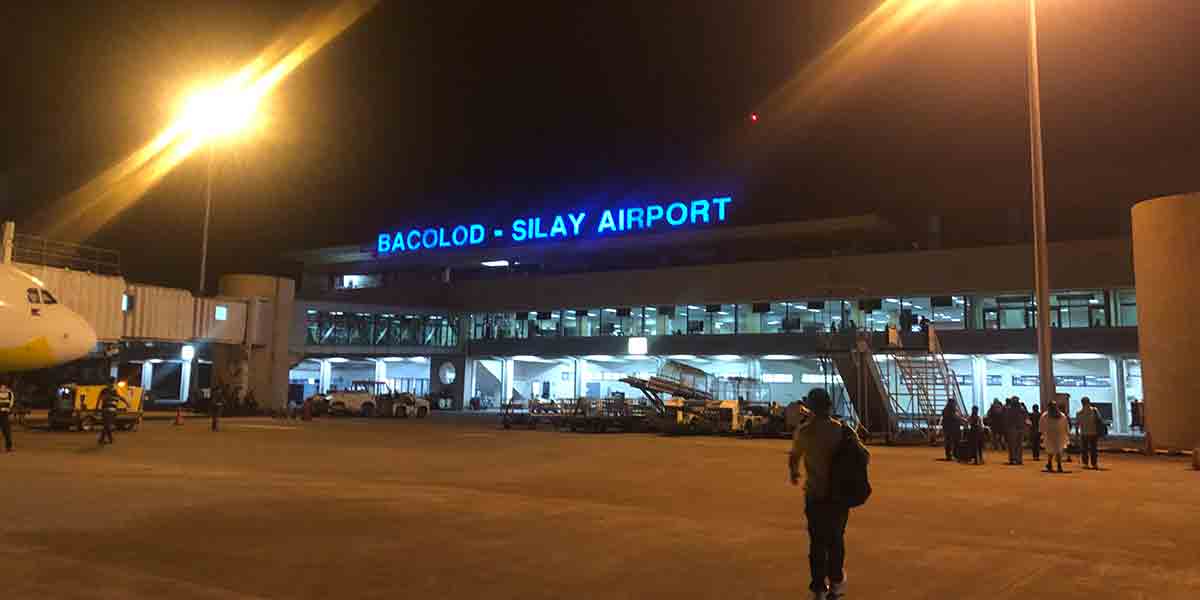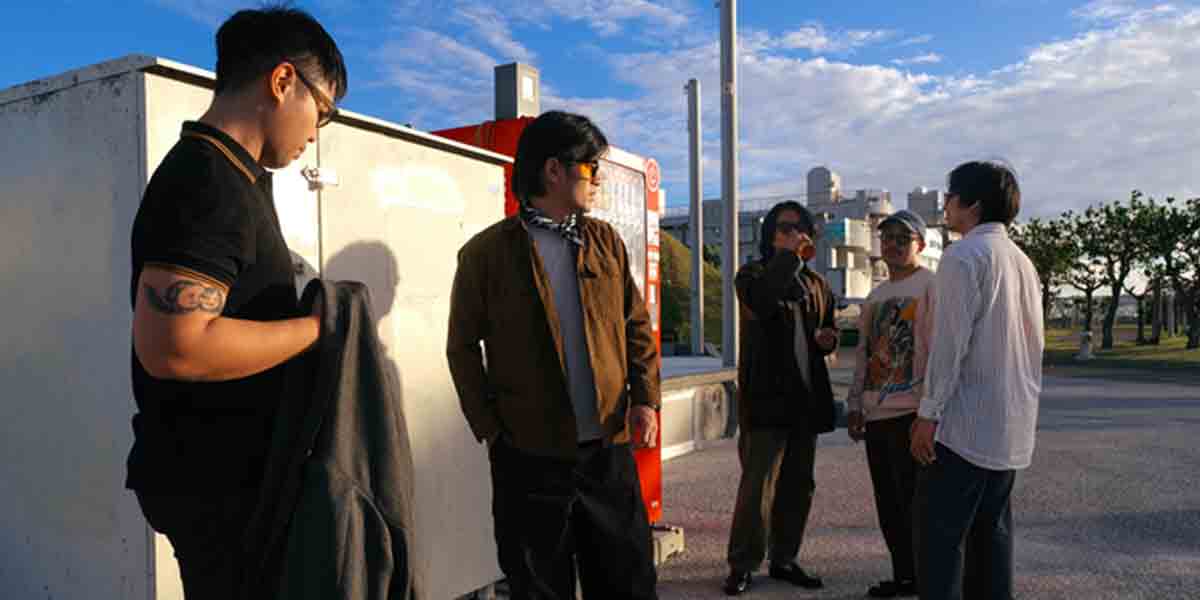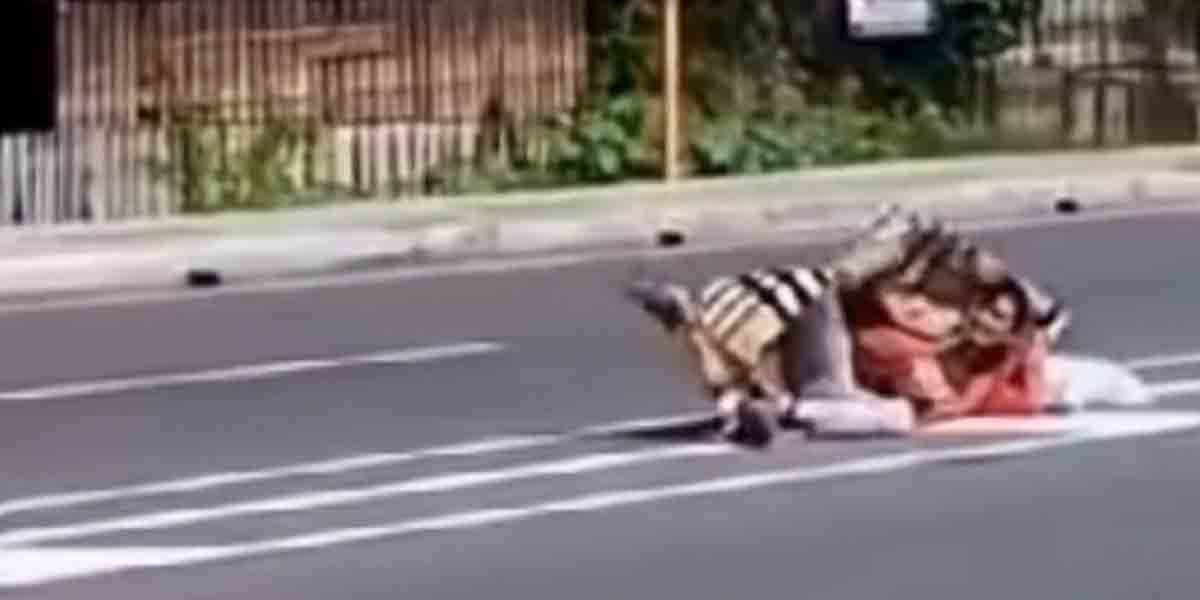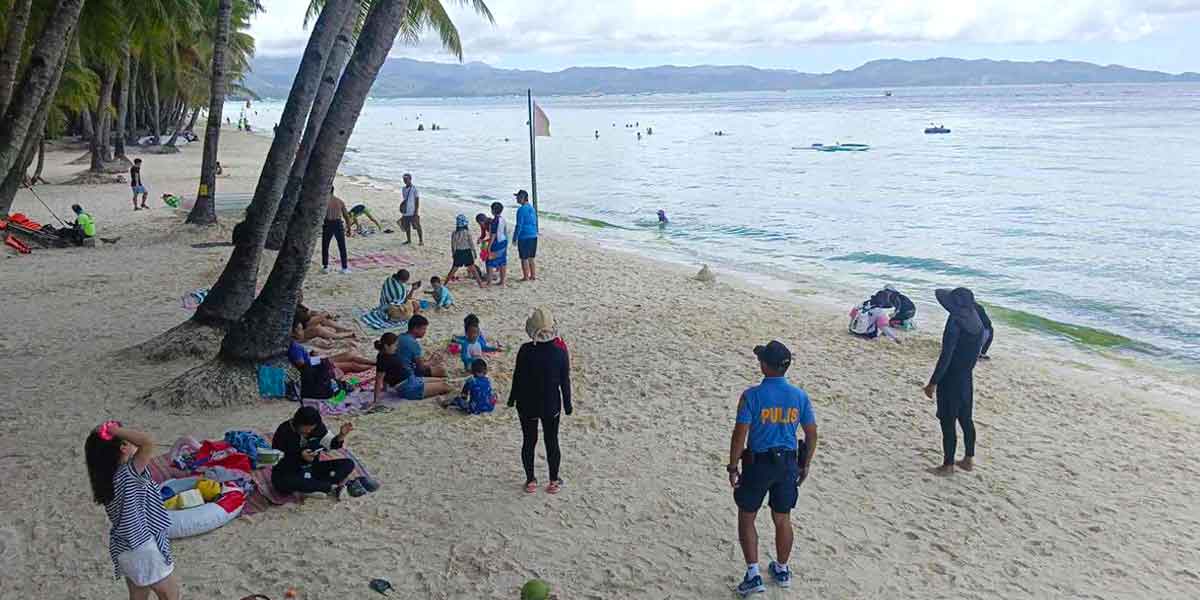By James Jimenez
When I found out that I was on the fast track to needing regular dialysis, I did the worst thing possible: I slipped into denial. Armed with just the meds prescribed by the nephrologist to delay the inevitable degradation of my kidneys – mostly ketoanalogues intended to treat and prevent damage caused by protein metabolism issues in chronic kidney disease which I’d been diagnosed with – I basically ran away from the truth of my condition. The inevitability of my condition’s trajectory never fully faded from my mind, however; I would look the other way whenever I passed a hospital billboard advertising their hemodialysis center.
For close to two years, I lived in this fantasy world where my kidneys would magically get better. In the meantime, my dizzy spells kept getting worse and more frequent, I slept less and less, and unnoticeably at first, I required fewer and fewer trips to the toilet to urinate. Worse, I began to notice a swelling in my legs that refused to go down.
Night after night, I would elevate my legs in the vain hope that the swelling would be gone by morning. And every morning, as I opened my eyes, I would check my legs only to see that the swelling had gone down only a little bit. I would then promptly put it out of my mind, and throw myself into my work.
As the swelling got worse – my thumb would sink down into the skin and leave vague traces of my fingerprint when I pressed down on it – so too did my ability to sleep. I had always been something of a night owl, but now I was downright vampiric: awake at night and practically sleepwalking through the day. I didn’t know it at the time – or perhaps I did and I was simply ignoring it – but that was one of the reddest of red flags for CKD. I wasn’t just on the fast track to needing regular dialysis – I was on a bullet train.
And then one day, I arrived at the station.
For weeks, I had noticed that I was getting short of breath with even minimal activity. Walking short distances at a slow pace would have me breathing heavily; walking normally would have me struggling to draw in air through my open mouth. Fortunately, we’d started wearing face masks by then – it was the middle of the COVID era lockdowns – and I could hang my mouth open and pant without too many people noticing. And my knees trembled, like they were going to give out at any time.
And then one day, after walking what could not have been more than 200 meters, I almost crumbled to the ground – nauseous, out of breath, and without a shred of power in either leg. Fortunately, the dizzy spell passed quickly, and I was able to stay upright, but the weakness lingered and from then on, simply walking was an excruciating exercise.
Finally unable to deny the truth any longer, I had my blood tested again. The testing facility then did something I had never heard anything about them doing: they reached out to me directly. Your tests showed critical levels and we strongly advise you to see your doctor immediately. I knew then that I’d run out of time.
INTO THE WOODS
On the day that the testing facility told me to get myself to a doctor, I was scheduled to do an interview with a major news magazine program. Literally shaking, I went anyway, and powered through the interview. But in the back of my mind, I knew that I had reached an inflection point in my life. I was about to go into the woods and I didn’t know if I would ever get out.
I wasn’t going back to my nephro of two years past – I was too embarrassed to, perhaps literally, come crawling back to him after ignoring him, so I desperately asked friends for recommendations to doctors. One recommended a doctor at a nearby hospital, and so I went (as it turned out, the doctor he recommended was an oncologist and so, for a short time after that, rumors started flying around that I had cancer).
At this point, I have to say that I was practically dependent on other people. I needed a wheelchair to get around, I couldn’t walk fifteen steps without having to sit down – it was dire. And I knew that if I entered the hospital in the state I was in, I would not be let out. And when I got to the hospital, that’s exactly what happened.
I was started on a regime of dialysis three-times-a-week, and a fluid intake limit of 500 mL – a routine that continues to this day. I’ll tell you more about it next time, but for now, suffice it to say that hemodialysis is a massive inconvenience and a severely limiting thing to have in your life – but the operative word there is “life,” and you can’t bitch too much about life being made more difficult by the very thing that extends your life in the first place; you can only be thankful.






















